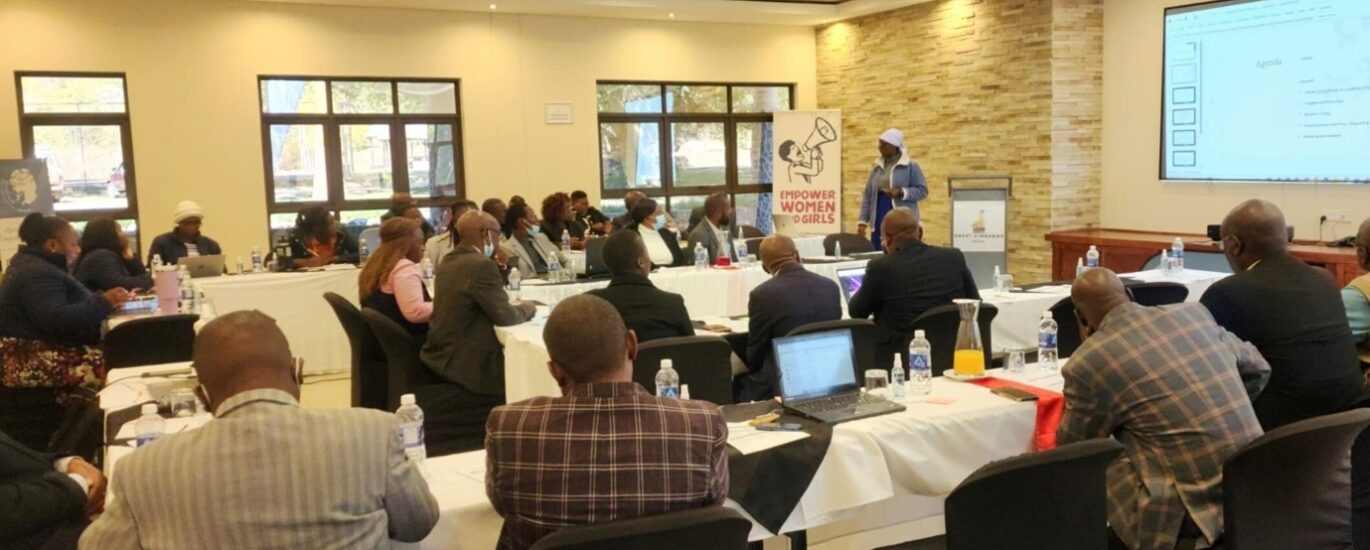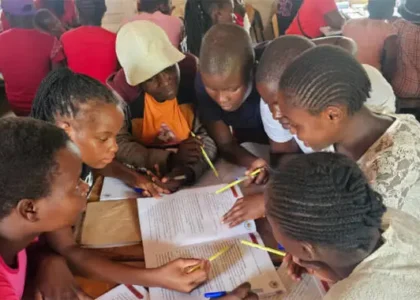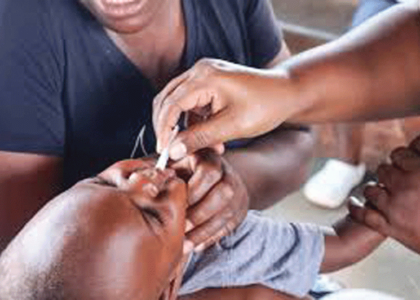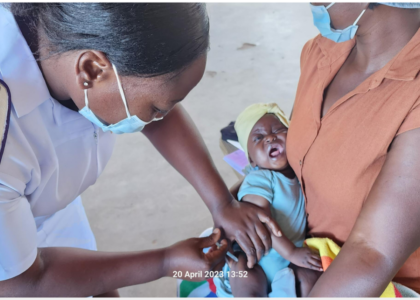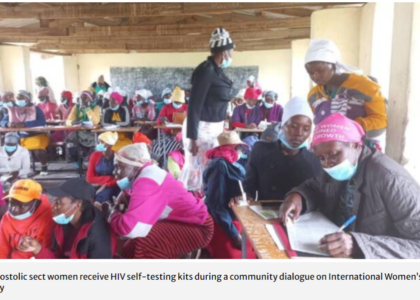For the past three years, Zimbabwe has been implementing an initiative to offer electricity and internet connectivity to all schools. According to the most recent data available, about one out of every three schools in Zimbabwe does not have access to electricity, exacerbating the digital divide. This has impacted thousands of students in rural and distant places around the country, worsening the gap between them and those in urban areas. Lack of energy affects connecting to the digital world, limiting access to learning materials, and the integration of ICT into educational platforms.
The Zimbabwean government has made it a national priority to connect schools to the internet and electricity. UNICEF, through implementing partners launched the first stage of a programme to solarize schools complementing efforts by the Government of Zimbabwe working closely with the Ministry of Primary and Secondary Education (MoPSE). Off-grid solar electrification offers a resilient, sustainable solution to a changing climate while addressing economic concerns in a country with inconsistent and limited access to electricity. The goal of this project is to improve the learning environment so that more time may be spent studying and learning, as well as access to more electronic learning resources.
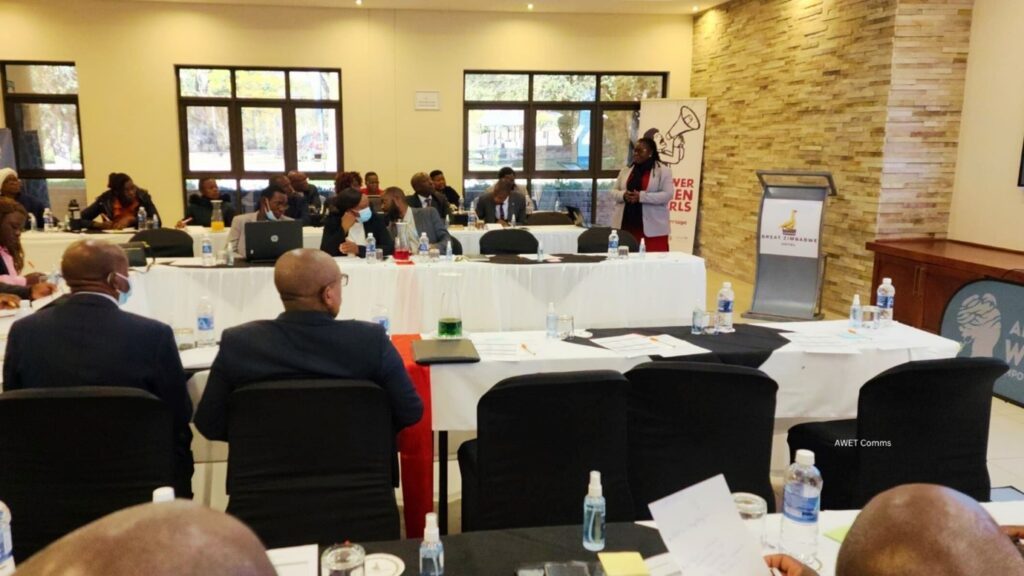
With some primary schools now having electricity through the solarisation project, the first phase was successful. It helped close the digital divide and helped the communities with electricity by allowing people to charge their own digital devices for a fee. This allowed the schools to generate money to maintain these solar-powered devices. However, this project has encountered issues with theft, maintenance, and community ownership, necessitating the implementation of the second phase.
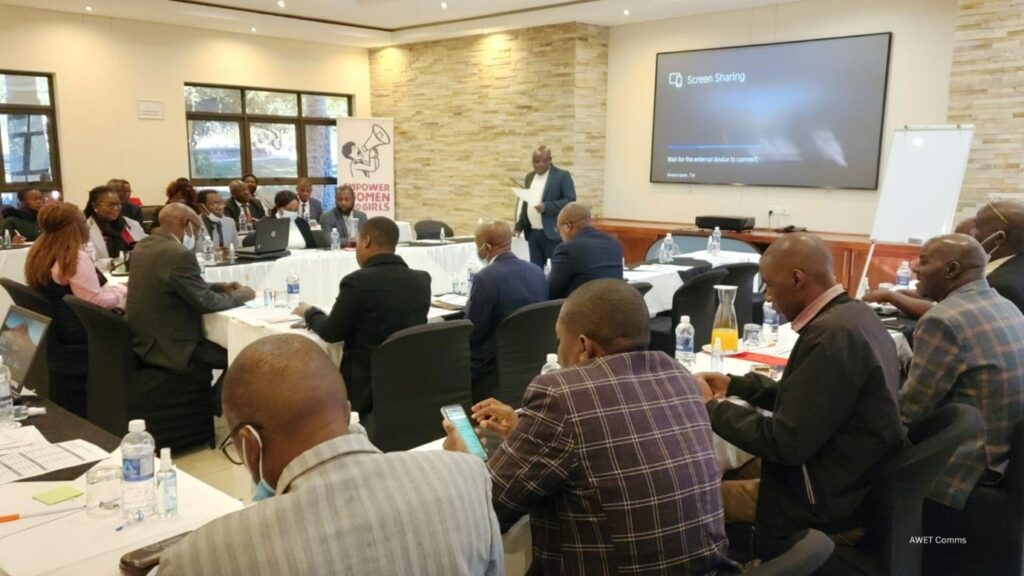
At the Great Zimbabwe Hotel in Masvingo, AWET organized a National Solarization Inception Meeting for Phase 2 Schools Solarization with support from UNICEF Zimbabwe. To promote accountability and ownership of the solarization initiative in primary schools, the Ministry of Primary and Secondary Education is collaborating with AWET to create an empowered community that will take charge of their development agenda.
The second phase project overview, which was presented by AWET’s Head of Programs, who presided over the meeting, pointed out that AWET will make sure that communities and schools use the renewable energy resources that have been invested in to provide clean energy, improve access to ICT, and ultimately improve access to inclusive, high-quality basic education services and learning opportunities for all children in the targeted districts.
“AWET has partnered with the Ministry of Primary and Secondary Education with support from UNICEF to transform education into the world agenda, particularly to address the learning loss during COVID and the general lack of quality education even before the pandemic.” In addition to solarizing schools and engaging the community to connect its students to the digital world, Hope Dunira stated that it is crucial that all schools have dependable electricity so that they can connect to the internet, which gives the students endless opportunities for blended learning.”
Key stakeholders gathered during the Phase II Solarization Inception Meeting at the Great Zimbabwe Hotel in Masvingo Province. The main objectives of this important engagement were to improve participatory school governance, create sustainable learning environments, and employ solar energy to power schools.
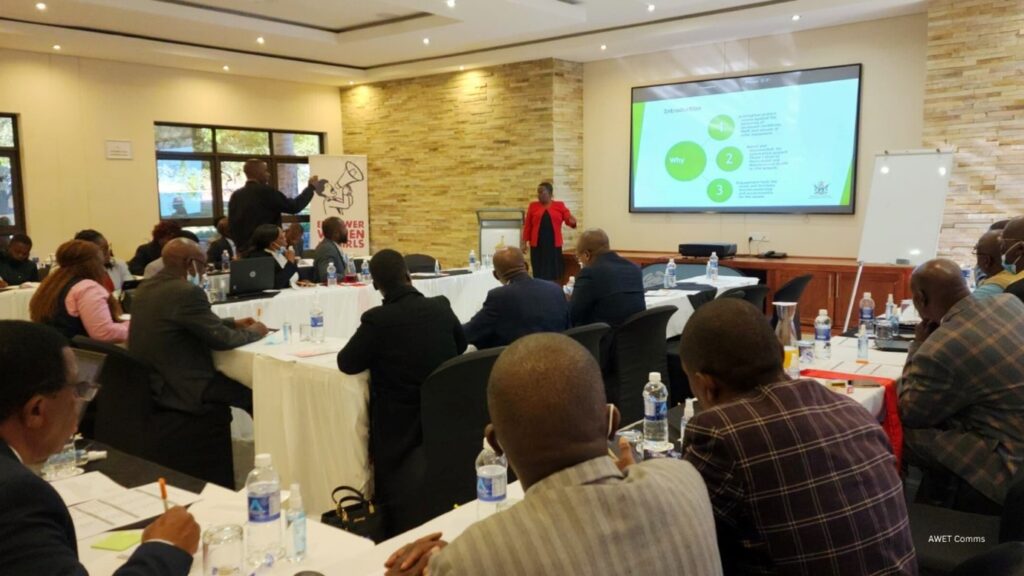
“With support from UNICEF Zimbabwe, the project expands on the achievements of Phase I in Manicaland and Matabeleland South with the goal of supplying more schools throughout the nation with clean, sustainable energy. This initiative encourages social justice, accountability, and better learning results by integrating communities, parents, and students in the administration of school facilities. The Chief Director of the Primary, Secondary and Non formal Education (PSNE) Mrs. Kaira stated, “We are working together to make sure no child is left behind in obtaining a quality education.”


